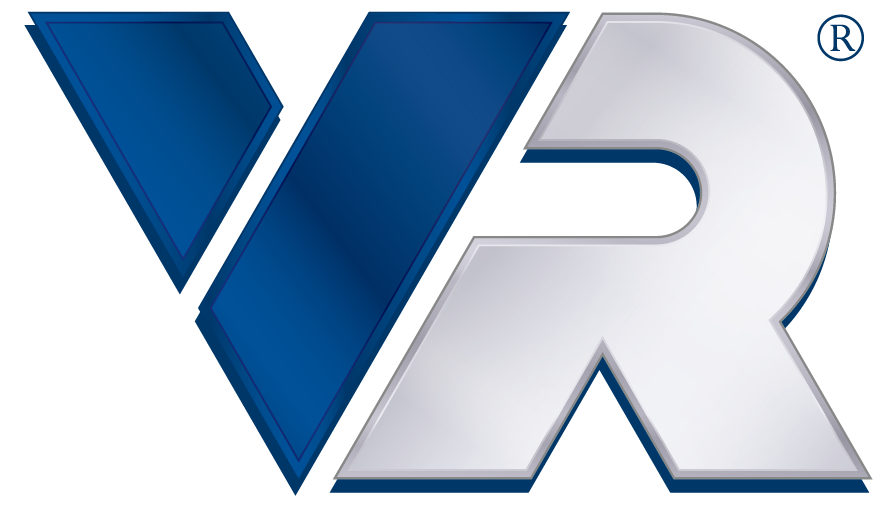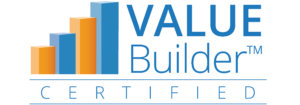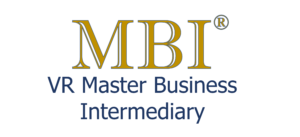A business purchase is very different from financing a home purchase.
In a business purchase, both the business’ and the buyer’s financials are scrutinized to make sure the deal makes sense. Because the lender’s loan money is based on a borrower’s ability to repay the loan, the cash flow of the business is a critical element in the loan decision.
If the business does not generate enough cash flow to pay the loan and meet all of the Buyer’s personal lifestyle needs, the lender will most likely not fund the deal.
As a result, sometimes even a money-making business cannot be financed because the potential borrower has reasonable personal needs which exceed the income generated by the business’ cash flow.

Lenders on real estate transactions typically lend based upon the value of the real estate. If a borrower defaults on a home loan, the lender can simply take the property back and sell it to cover their loan. Most business purchases, however, do not have significant assets, and it is common for the sale price for a business to exceed the value of its tangible assets by a significant margin – known as “Goodwill.” Because most lenders have no recourse against tangible assets, when a borrower defaults on a business acquisition loan, lenders routinely look for additional collateral for their loans. The buyer of a small business seeking a loan to make the business acquisition must be prepared to make a significant cash down payment and pledge personal collateral, like a home, in order to satisfy the needs of the lender.
Here is an overview of what is typically available for business acquisition funding.
Seller Financing
Before the loan guaranty services of the Small Business Administration (SBA), seller financing (also called Owner Financing) was the only choice available to buyers and sellers for business purchase loans which did not fit traditional lending models of the lending institutions. Even today, there are many reasons why seller financing might be the right choice for a seller. Seller financing offers reduced paperwork and reduced approval times, and terms can be structured to fit a deal instead of adhering to the “one size fits all” terms offered by commercial lenders. Sellers can structure significant tax savings by deferring income into future years, and Buyers can feel good about the seller’s confidence in them and in the business’ ability to service the debt.
When seller financing is available, sellers typically require a personal guarantee from the buyer and retain a security interest in all of the business property transferred. One drawback to seller financing is that sellers will typically require a much higher down payment and a shorter repayment time than most lenders. Sometimes seller financing can be combined with other types of financing. When this occurs, seller notes are usually subordinated or secondary to the other financing which makes many sellers reluctant to finance a large portion of the purchase.
SBA Guaranteed Loan
Many local, regional, and national lenders offer business acquisition loans that are guaranteed by the Small Business Administration (SBA). If you are considering SBA financing, you should always look for a lender with SBA preferred status. This is your assurance that the lender routinely does these types of transactions and can readily obtain approval from the SBA for your loan.
SBA loans are typically amortized over 10 years and are priced at the prime rate plus a percentage. SBA loans require many different fees including packaging fees, loan guarantee fees, appraisal fees, and others. These fees can add up to 2-4% of the loan’s value; often these costs can be added back to the loan amount. Down payments on SBA loans may vary between 10-30% of the transaction value. SBA loans require personal guarantees, security interests in the assets, and real property collateral if the business assets do not provide adequate collateral. While many SBA lenders state that they lend on cash flow and not assets, it has been our experience that few deals are strong enough to obtain financing without additional collateral. Since SBA lenders typically require a borrower’s home as collateral, many business buyers have elected to simply draw equity from their homes.
Home Equity Loans
Home equity lines of credit are popular because they can be prepaid, involve little upfront costs and can typically be repaid over a longer period of time. Often buyers pull cash from their home to cover the entire purchase price or a very substantial portion of the price while asking the seller to carry a small amount. Sellers are often willing to provide financing to a buyer when that seller loan is in the first position.
Retirement Funds
Using retirement funds as business capital is another option, and sometimes a complicated option, for funding the purchase of a business. Money in IRAs and 401(k) plans is thought to be untouchable until retirement. It can be used before then. The plan provides a simple process to invest retirement funds in a new or established business without distributions, penalties, and taxes. These plans are categorized as a variety of Rollover Business Start-ups (ROBS) plans and they must comply with certain IRS laws and requirements outlined in the Employees Retirement Income Security Act (ERISA) of 1974. As a result, it gives anyone with a qualifying retirement plan a ready source of capital to invest in a business. Basically what happens is people invest retirement funds in stock of their own business. Moreover, capital can be obtained from just about any type of retirement savings plan:
- IRAs
- 401(k) Plans
- 403(b) Plans
- SEPs
- Simple Plans
- Annuity Plans
- Profit Sharing Plans
- Defined Benefit Plans
- 457 Plans (govt. only)
Investor/Angel Financing
Depending on the type and nature of the business, buyers can seek joint venture relationships by inviting interested equity partners into their business opportunity in exchange for a portion of business ownership. The percentage of business ownership is generally negotiated between the buyer and the investor and includes terms and conditions for recoupment (or return on investment) for the investor. The upside of such an approach to raising purchasing funds is the faster access to capital and these types of loans are based more on the potential profitability of the business and less on your personal creditworthiness. The downside is the diluted ownership position for you, the business owner. One key element sought by investors when considering your “investability” is the intrinsic value you bring to the table. Be sure to understand your strengths and weaknesses, along with your special or unique skills and experiences, which make you an important component to the investment.
EB-5 Immigrant Investment Visa Program
Another option to consider is the EB-5 Immigrant Investment Visa Program. For those potential candidates who qualify, this program allows a non-U.S. citizen to seek a business investment in the United States which leads to granting a citizenship visa. Certain conditions need to be met, but in general, the business investment requires between $500,000 to $1,000,000, depending on the economic area, and must generate a minimum of 10 local jobs.
Which type of financing is best for you?
There are many types of traditional and/or creative financing techniques available to you and any combination of capital sources could work for your particular business purchase. Fundamentally, you should understand your ability to produce the capital needed to purchase a business and how the business will support any debt your create related to it’s purchase. The three basic categories of funding are Seller Financing, Commercial Financing, and Buyer Cash. Once you know where your purchasing power comes from, you will be ready to evaluate the best business opportunity which fits your purchasing and investment needs.
Are you ready to learn more?
Valued Representation by your VR Intermediary will include exploring these and other types of favorable financing options available to you as a qualified buyer.







